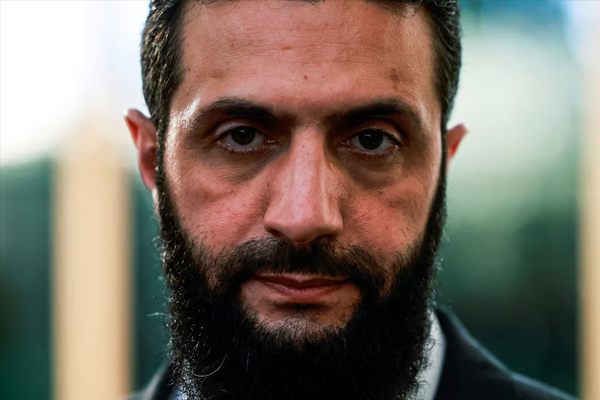
Syria‘s new administration on Tuesday in a statement said former rebel group heads have agreed to work together under the country’s defence ministry.
Syria’s de facto leader Ahmed al-Sharaa said an agreement has been reached with former rebel faction chiefs to dissolve all groups and consolidate them under the defence ministry.
Prime Minister Mohammed al-Bashir had said last week that the ministry would be restructured using former rebel factions and officers who defected from Bashar al-Assad’s army.
Sharaa will face the daunting task of trying to avoid clashes between the myriad groups.
No Revenge Or Repress
The country’s new rulers appointed Murhaf Abu Qasra, a leading figure in the insurgency that toppled Bashar al-Assad, as defence minister in the interim government.
Syria’s historic ethnic and religious minorities include Muslim Kurds and Shi’ites – who feared during the civil war that any future Sunni Islamist rule would imperil their way of life – as well as Syriac, Greek and Armenian Orthodox Christians, and the Druze community.
Sharaa has told Western officials visiting him that the Islamist Hayat Tahrir al-Sham (HTS) group he heads, a former al Qaeda affiliate, will neither seek revenge against the former regime nor repress any religious minority.
Syrian rebels seized control of Damascus on Dec. 8, forcing Assad to flee after more than 13 years of civil war and ending his family’s decades-long rule.
Syria’s Uprising
In one of the biggest turning points for the Middle East in generations, the fall of Assad’s government wiped out a bastion from which Iran and Russia exercised influence across the Arab world. Moscow gave asylum to Assad and his family, Mikhail Ulyanov.
The most powerful group in Syria that spearheaded the rebels’ advance is the Islamist group Hayat Tahrir al-Sham.
Syria’s uprising was deeply fractured, with a confusing mosaic of local groups espousing a range of Islamist and nationalist ideologies.
Over the years some of these splintered further or merged with other groups.
Coalitions, such as the Free Syrian Army and the Islamic Front, held influence at different periods of the conflict.
(With inputs from Reuters)




